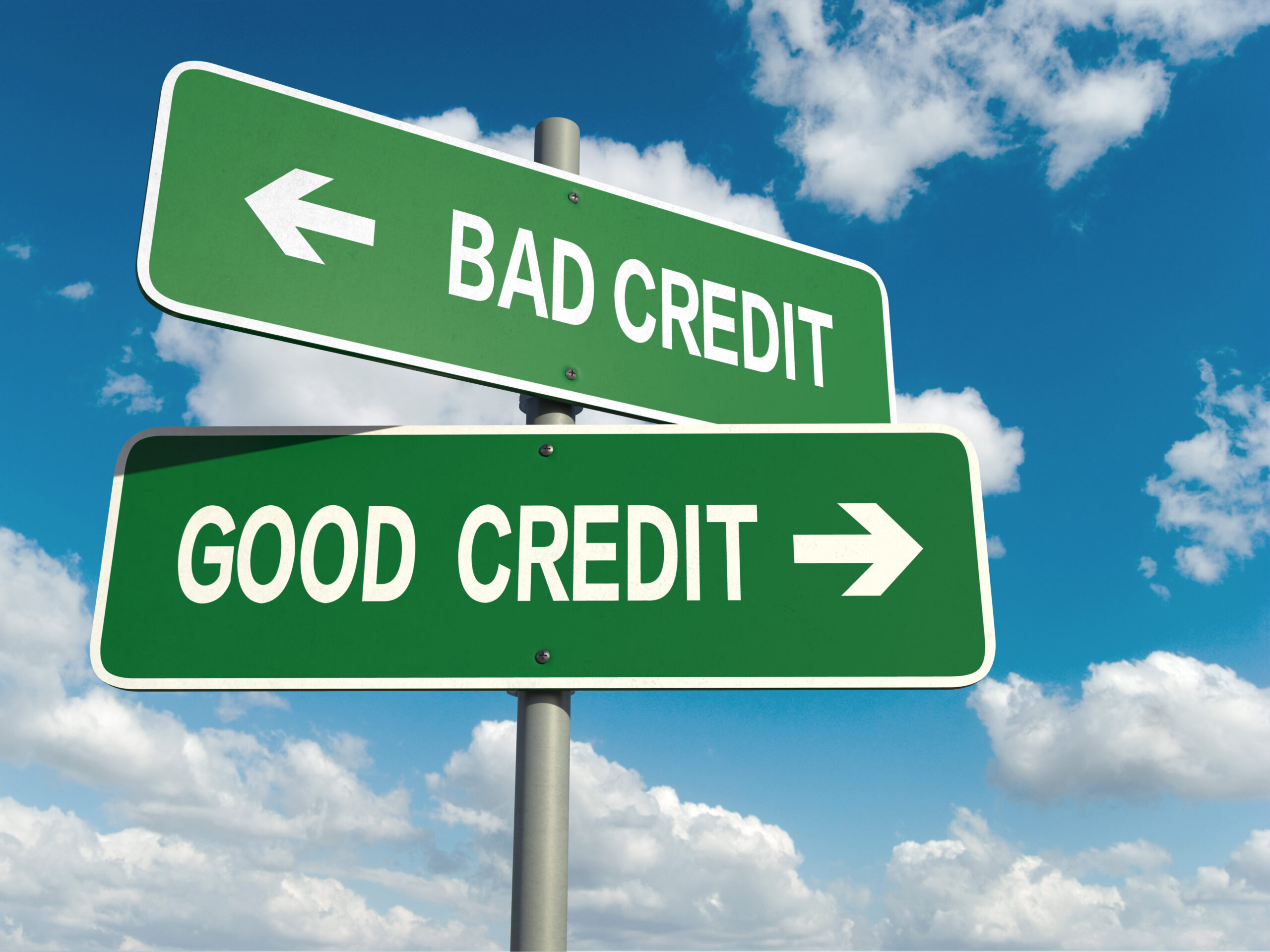Can you Fix Bad Credit?

Your credit score tells lenders a lot about you. Before they ask you questions, they’ll have an opinion of your financial credibility. The three-digit number speaks volumes, so it’s important to know what lenders consider ‘bad’ credit.
What is Bad Credit?
Experian states that any credit score below 670 is ‘fair’, which in most lenders’ eyes means bad. But any credit score below 580 is poor and typically not worthy of a loan, especially a mortgage.
Some lenders may bend the rules, especially if you have compensating factors, such as a low debt ratio or large down payment. Overall, though, a low credit score means no loan.
How to Fix Bad Credit
Your credit score is a snapshot of your credit responsibility right now. If you have a low credit score today, it doesn’t mean your credit remains that way forever.
The key is to figure out why you have bad credit. Start by pulling your credit reports here. All three credit bureaus provide free weekly access to your credit reports (during the pandemic). Look closely at the three reports. What could bring your score down?
Do any of the following apply?
- Did you make late payments recently? Late payments are those you pay 30 days or more late. Credit bureaus report the late payments in 30-day increments and the more behind you are, the more your credit score drops.
How to fix it: Bring your payments current as soon as you can and keep making your payments on time.
- Do you have too much credit outstanding? Credit bureaus monitor how much credit you use compared to your available credit. If you have more than 30 percent of your credit line outstanding it brings your credit score down.
How to fix it: Pay your credit card balances down or off if possible. Even if you can only afford small amounts at a time, each little bit helps.
- Is your credit length too short? Your credit length (age) makes up 15 percent of your credit score. If all your credit is ‘new’ it brings your credit score down. This also happens if you close old accounts, as it lowers your average credit age (credit bureaus average the length of credit history on all accounts).
How to fix it: Don’t close any old credit card accounts, even if you don’t use them. Limit your new credit applications to those you absolutely need.
- Do you have too much revolving credit?
If you have mostly credit cards, you may damage your credit scores. Lenders like to see a combination of revolving debt and other debts, such as installment loans or mortgage debt.
How to fix it: Open up a personal loan, installment loan, or car loan if you have too much revolving debt. Give it about six months or longer to affect your credit score.
Fixing bad credit won’t happen overnight, but it’s fixable. It requires dedication, consistency, and plenty of monitoring your credit to see how you’re doing. If you know you have low credit scores, start as early as possible increasing your score for the best results.